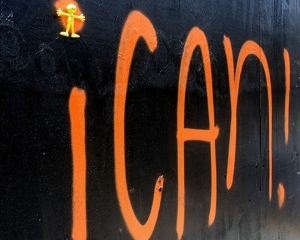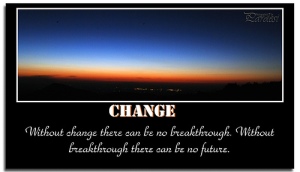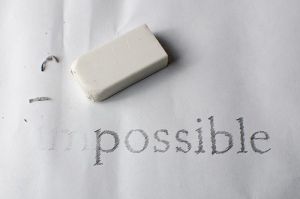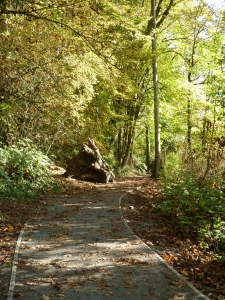I hate letter grades.
They are harmful, ineffective representations of my students’ learning.

Photo Credit: Bunches and Bits {Karina} via Compfight cc
Those who know me personally know that I’ve always been passionate about assessment. I’ve always thought I had a fairly firm grasp on good assessment practices. I’ve always thought I had students’ best interests in mind by providing ongoing, descriptive feedback and never giving letter grades on projects. This year, we have also explored ePortfolios as a way to document student progress. I spend a considerable amount of time and energy encouraging my students to focus on learning and improving rather than on extrinsic rewards and punishments.
Yet every term, I fail numerous times because I must assign a letter grade in each subject area on report cards.
How is this helpful for students? How does this contribute to passion, intrinsic motivation, or lifelong learning?
Those are the things that really matter to me. I want my students to love learning. I want to inspire them to find and pursue their passions in life. I want them to look honestly at where they are and where they want to go in their learning journey. How can I honestly expect them to do that when all of their amazing progress and achievements are reduced to a single alphabetical symbol at the end of each term? My answer is that I don’t think I can anymore.

Photo Credit: SalFalko via Compfight cc
I’ve proposed an inquiry project to my school district that would explore how eliminating letter grades on intermediate report cards in favour of anecdotal evidence, ePortfolios, and conferencing affects student learning. While I feel hopeful that the proposal is a step in the right direction, I have also recently come to realize that we need to create change where we currently have the power to create change. I don’t have control over whether the inquiry project is approved for next year or over our report card templates. Although I will continue to advocate for change in those areas and hope that I am well supported, I am proposing another more manageable shift in practice for the time being. Something I can change NOW.
I know others already do this, so I do not claim ownership of the idea in any way.
Rather than simply involving my students in a discussion about their grades (where they feel they fit on a continuum, why they think they fall where they do) I am going to involve my students in the process of assigning grades. They will decide what they think their grades should be. They will provide evidence from their ePortfolios and projects throughout the year that supports their position. We will have an honest discussion about their samples and their progress and we will come to an agreement about what their final grade should be. I hope this will allow them to truly reflect on where they were and how far they’ve come as well as their strengths and areas in need of improvement. I know that this will actively involve them in a new learning experience.
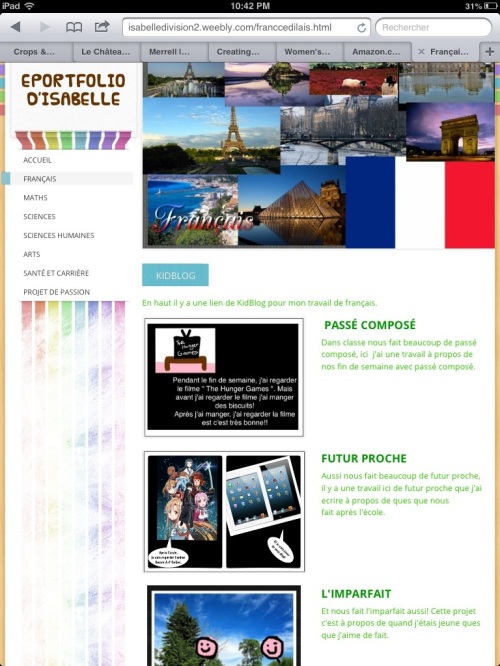
Screen shot of one of my student’s ePortolio pages – “Français”
I know that this is not a perfect system and that we will make mistakes… ePortoflios were new for us this year and are still progressing in terms of reflection. However, I strongly believe that in their current state, grades are harmful to my students’ learning. I can no longer treat them as they’ve always been treated because it goes against everything I stand for in my classroom. Kids feel a lot of pressure from society to perform, and this often causes them to take less risks for fear of “failing.” How will they ever learn to love learning if they are terrified of failure? How can I ever get them to want to think outside the box when they are placed in a box at the end of each term? I want them to be free of boxes and categories so that they can see the light that is learning!
We have to start somewhere. This will be my somewhere.
Do you plan on finding levers for change in assessment and grading? If so, how?
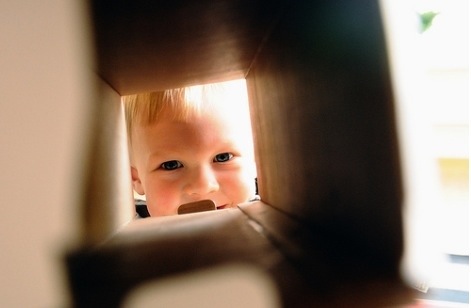
Photo Credit: Motorito via Compfight cc
This is obviously not a complete argument against grades. There will be future posts on the “why” of abolishing grades. In the meantime, check out @joe_bower’s blog page “Abolishing Grades” for some great resources.


